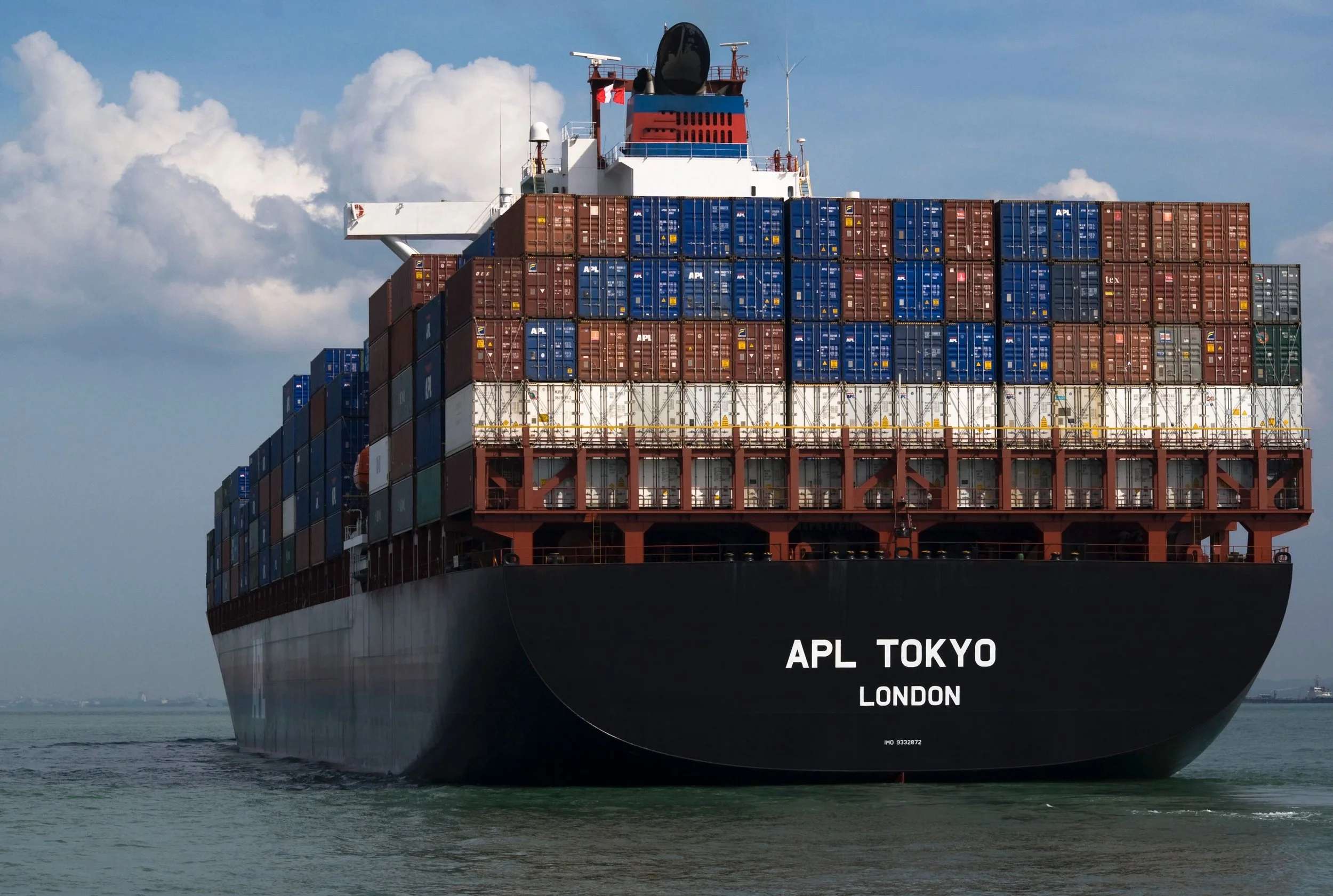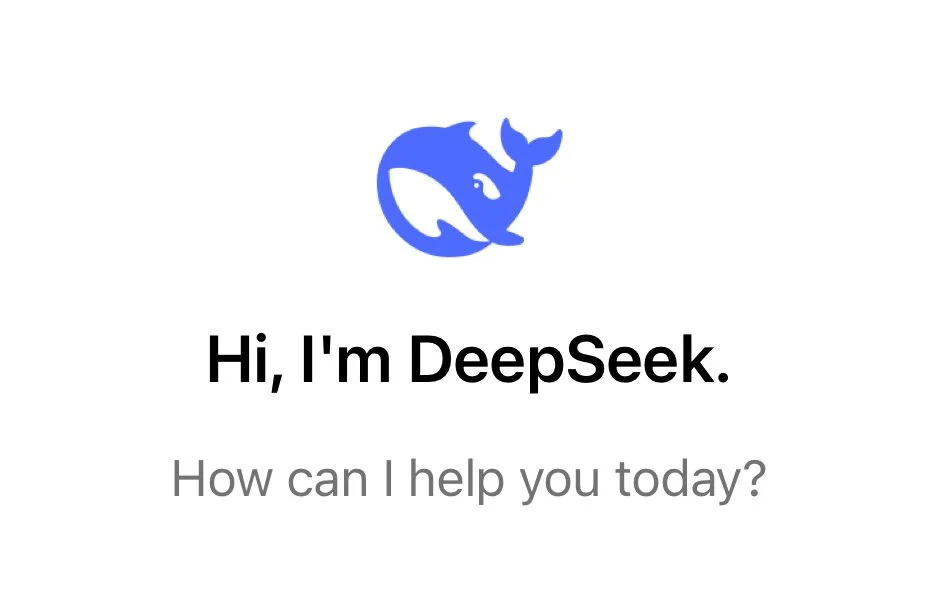Despite political headwinds, impact investing is evolving—not retreating. From China to the Gulf, capital is flowing to ESG ventures that align long-term financial returns with strategic reputation and trust.
All tagged strategic communications
Corporate Diplomacy: The New Global Power Shift
In today’s multipolar world, diplomacy is no longer the sole domain of governments. Multinational corporations are stepping into roles once reserved for diplomats—navigating geopolitical risks, engaging regulators, and shaping public policy. Corporate diplomacy is now essential for business resilience, reputation, and global growth.
AI for PR Leaders: Automate Tactics, Lead Strategically
Artificial Intelligence (AI) is transforming PR by dramatically improving tactical tasks like content creation and analytics. However, strategic advisory—rooted in human judgment, emotional intelligence, and cultural insight—remains essential. Leaders must blend AI efficiency with human expertise to achieve meaningful, trusted outcomes
Why General Counsel and Communications Advisors Must Work Together
Legal wins mean nothing if your company loses trust. In today’s fast-moving world, reputation is as valuable as compliance. Many companies still let legal teams dictate messaging, but failing to integrate strategic communications with legal counsel can cost businesses their credibility, investors, and long-term success. From Boeing’s crisis fallout to Microsoft’s M&A triumph, this article explores why General Counsel (GC) and strategic communications must collaborate to navigate legal risks while safeguarding trust, reputation, and stakeholder confidence. Boards that fail to act risk financial and reputational losses that far outweigh any legal victory.
How Governments Can Influence in a Multipolar World?
The Trump administration's 'America First' strategy is creating global instability. This approach could backfire and hinder the US. In this blog post, I'll explore how governments and businesses can navigate this new world of trade and policy. I'll analyze the impact of controversial trade policies and offer strategic advice for international governments, US and multinational corporations, and investors.
Navigating Geopolitical Risks: Strategic Communications in Turbulent Times
The risk register is flashing red. With Donald Trump’s threatened tariffs destabilising global trade, businesses and investors face heightened uncertainty. Strategic communications professionals must now act as navigators, mitigating risk through scenario planning, government engagement, and crisis messaging to protect reputations and ensure stability.
CB Insight 'State of Venture 2024' Report: Insights and Advisory
Venture capital is evolving rapidly, with AI, fintech, and climate tech dominating investment flows. According to CB Insights’ State of Venture 2024 report, global VC funding has hit an eight-year low, but key sectors and regions are still thriving. While the US, UK, and parts of Asia attract strong investment, China, Canada, and Germany face declines. As governments refine policies and start-ups adapt to investor demands, 2025 presents both challenges and opportunities for venture-backed innovation.
Why CEOs Must Invest in Geo-political Risk Strategy
Geo-political and geo-economic risks are no longer abstract concerns; they are boardroom priorities shaping corporate strategy and investment decisions. From trade wars and sanctions to shifting regulatory landscapes, businesses and investors face increasing uncertainty. Yet, those who embed strategic communications, public affairs, and risk intelligence into their operations are better positioned to mitigate disruption and seize new opportunities. In 2025, forward-thinking leaders are investing in geo-political risk management not as a defensive measure, but as a competitive advantage. How prepared is your company?
How Deepseek’s Open-Source AI is Changing the Industry
The rise of open-source LLMs like Deepseek’s R1 is disrupting the AI landscape, challenging proprietary models from OpenAI, Google, and Microsoft. As businesses and investors weigh the benefits of open-source AI—lower costs, greater customisation, and reduced vendor lock-in—governments are grappling with regulatory concerns, data sovereignty, and national security risks. In this blog I look at the strategic implications of this shift, outlining the risks, opportunities, and how companies, investors, and policymakers can navigate the rapidly evolving AI market.








